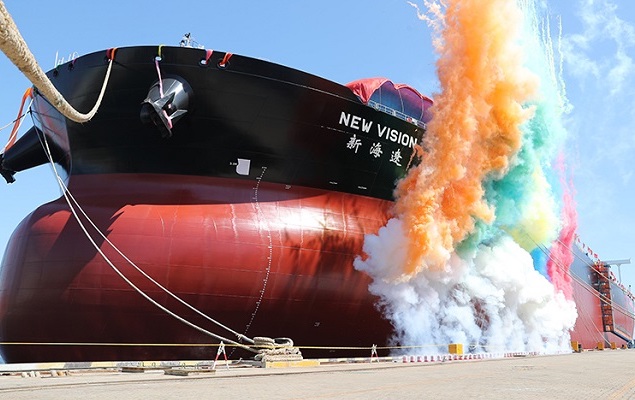Replacement tanker tonnage urgently required

The skewed demographics of the world’s tanker fleet will lead to a shortage of available tonnage in the years ahead, according to a new report from brokers Gibson.
A mix of ships trading for longer lifetimes thanks to the growth of the dark fleet hauling Russian cargoes, combined with a minimal orderbook has made for a fleet that is getting old fast.
Currently, 8% of the fleet over 25,000 dwt is over 20 years of age, according to Gibson data, with most of these units, particularly on larger sizes already operating outside conventional trades, including storage operations. Another 25% of the total fleet is in the 16-to-20-year bracket, with the proportion of handy, panamax and aframax vessels in this age group being notably higher.
At the start of this year, the tanker orderbook shrunk to its lowest level in at least two decades. While orders have picked up in the first half of 2023, the amount of replacement tonnage required is far off.
“Although the recent pick up in orders is welcome, it still comes nowhere close to offsetting the number of vessels at or approaching their natural retirement age over the next four/five years,” Gibson stated, concluding: “When scrapping ultimately comes, the tanker industry may well find itself in a similar situation as the oil industry – with not enough tankers to meet existing demand.”
Analysts at Xclusiv Shipbrokers maintain that the global tanker fleet is in danger of shrinking in the near future mainly because of the low orderbook, which stood at its lowest point since 1996 in February this year and because about 34% of the active fleet is older than 16 years.
The average age of the global tanker fleet stood at 11.7 years versus 10.1 five years ago, according to Clarksons data from late February.
Tankers still working aged above 20 years of age made up just 1% of the global tanker fleet pre-covid, and were still a rarity at 3% before the invasion of Ukraine in late February last year. They’re now on track to make up 11% of all tanker demand by mid-2025, according to data from brokers Braemar, numbers which ought to cause consternation for port states worried about oil spills from the sprawling so-called dark fleet hauling cargoes for the likes of Venezuela, Iran and Russia.
Ships over 20 years old have seen their work rate – as measured by Braemar by average tonne-miles performed per ship each quarter – increase by 84% since the invasion of Ukraine.
